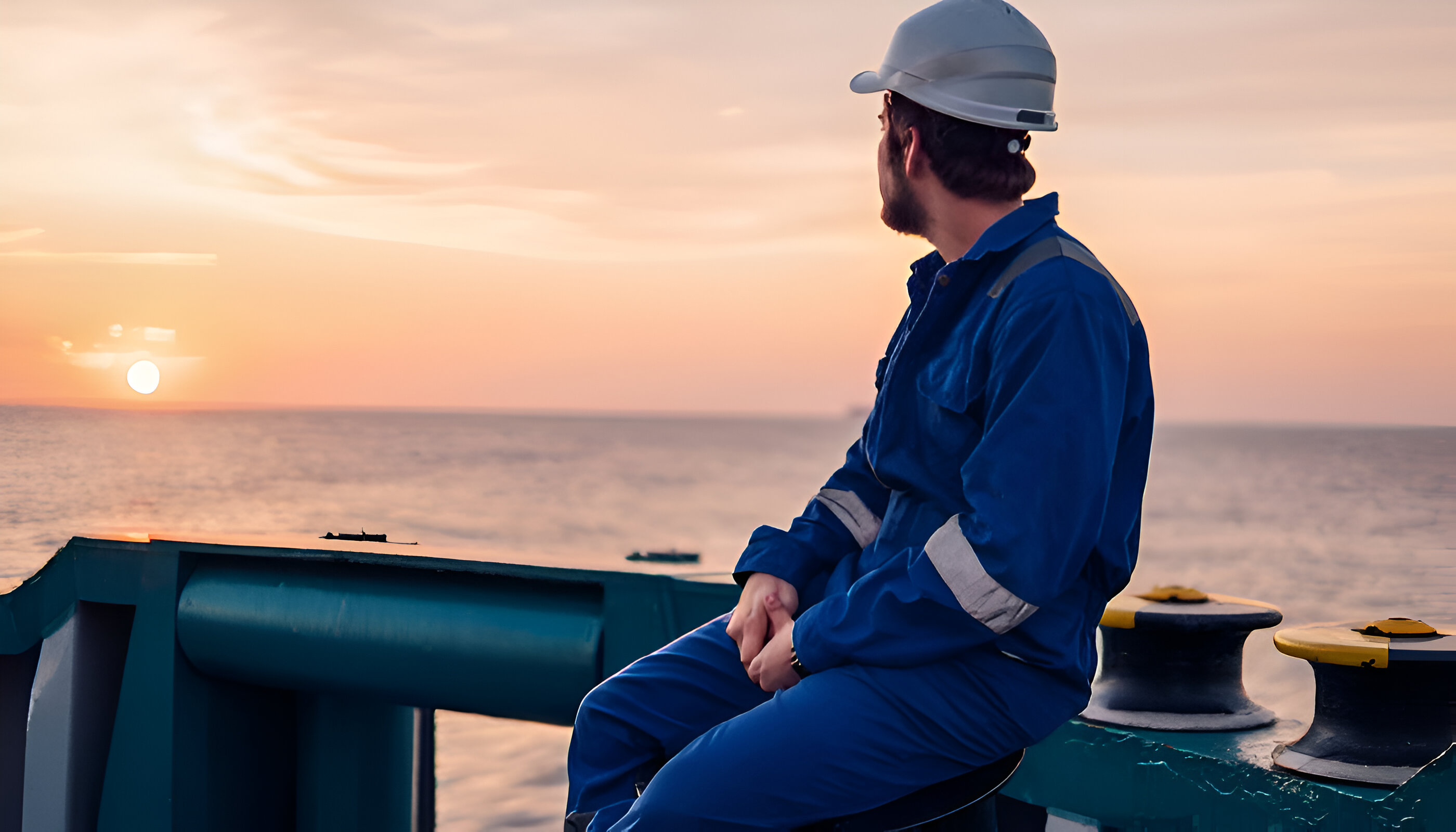Supporting shipping’s switch to clean fuels
February 19, 2021 Maritime Safety News
Shipping will face many obstacles as it strives to reduce its emissions impact. The switch to cleaner fuels, essential for much of the global fleet, will bring added cost and complexity as well as the need for new skills. Digital systems will play a key role in enabling this transition.
In November 2020, IMO’s Marine Environment Protection Committee meeting (MEPC 75) proposed its first short-term measures to reduce ships’ greenhouse gas emissions (GHG) in line with IMO’s 2030 and 2050 GHG reduction targets. This year it will begin discussing longer-term solutions including how to encourage development and uptake of new fuel technologies.
Many fuels are vying for the chance to become the mainstay of any future fleet, including hydrogen, LNG, LPG, ammonia, methanol and biofuel. A broader range of propulsion technologies will also be considered, with fuel cells and batteries being widely touted as a possible replacement for ship engines on some vessel types and trades.
As with any big change, there will be challenges. The shipping industry has relied on conventional engines and, in most cases, a single fuel type for decades. New fuels will lead to increasingly complex systems and introduce new hazards. It is likely that greater automation and optimisation will be required to not only manage these systems and the new risks they might bring with them, but also to operate them efficiently to keep costs down.
Source: wartsila





